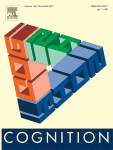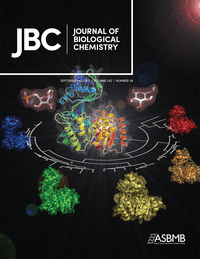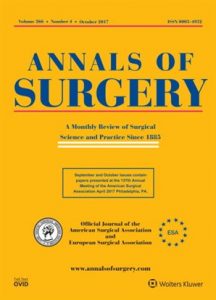 A social psychologist has retracted a second paper that contains “fabricated or manipulated data.”
A social psychologist has retracted a second paper that contains “fabricated or manipulated data.”
The first retraction for William Hart at the University of Alabama — also due to data manipulation — appeared earlier this year. The notice raised some questions over authorship: Hart was the sole author, but he blamed the retraction on a graduate student who supplied the problematic data. The questions continued when Hart’s colleagues posted blogs about the problems that occurred in Hart’s lab, using a pseudonym to describe the student, who apparently admitted to fabricating data.
The author of one of those blogs, Hart’s colleague Alexa Tullett, told us in March that she was retracting another paper she wrote with Hart and the unnamed graduate student. Recently, she confirmed this latest retraction is that paper.
Looking at the author list of the newest retraction, by process of elimination, we now have a lead on the identity of the graduate student who allegedly took responsibility for the misconduct.
Tullett told us:
Continue reading Second retraction for psychologist reveals clues about culprit behind misconduct



 A social psychology journal has added an expression of concern to a paper by
A social psychology journal has added an expression of concern to a paper by 
 The
The 
 A cardiology journal has retracted a 2016 meta-analysis after the editors had an, ahem, change of heart about the rigor of the study.
A cardiology journal has retracted a 2016 meta-analysis after the editors had an, ahem, change of heart about the rigor of the study.